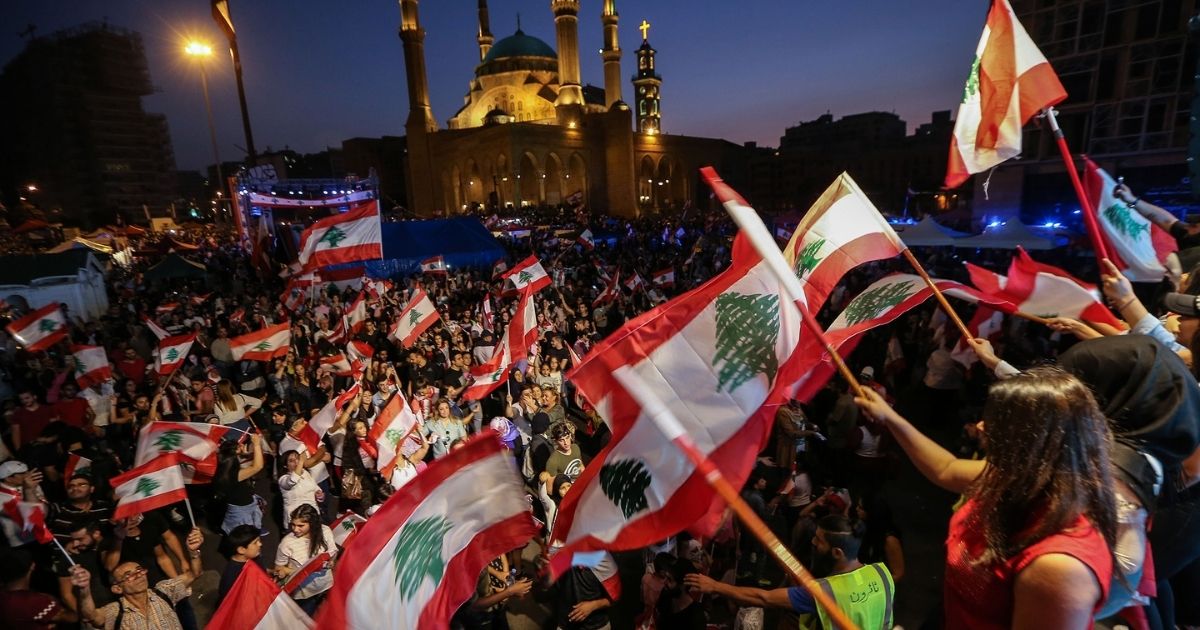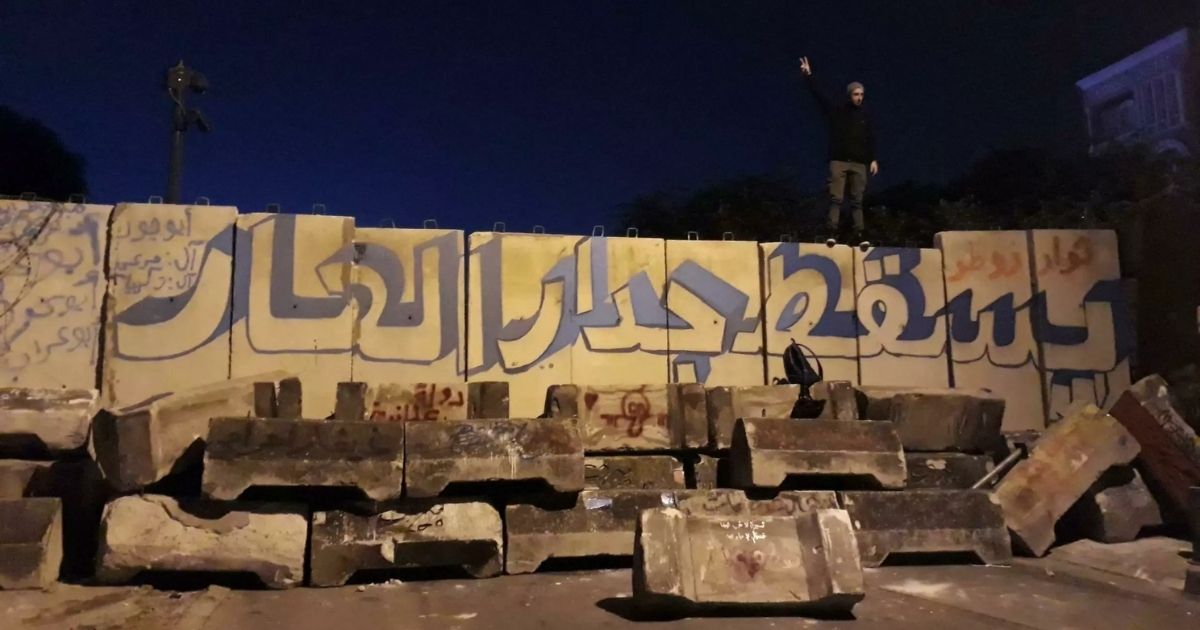The calendars say “Tuesday 14th” and the people yell revolution!
As planned, “Anger Week” has begun in Lebanon today and is shaking the country and creating powerful scenes of revolution, much like those that famously took over the streets on the 17th of October 2019.
Students and teachers, employees and employers, mothers and fathers, and also children have all come together under the colors of Anger Week to send their final warning to the authority.
In Beirut, the streets, highways, and intersections of the Sports City Stadium, Ring Bridge, Corniche Al-Mazraa, Nahr El-Mot, Furn El-Chebbak, and many other sites have been blocked by the protesters since the early morning hours.
In the north, the squares and streets of Tripoli, the Bride of the Revolution, have been filled with demonstrators who answered the calls and reignited the uprising in their city with burning tires and heated chants against the authority of failure.
Al Nour Square, Balma bridge, some streets of Halba, and other northern areas became impenetrable to traffic. The same is true for some of the main roads of Jbeil, Beqaa, Saida, and more.
Protesters and their vehicles, in addition to burning tires, dumpsters, and other obstacles, are parked in the middle of these streets to send the last warning message to the politicians and governors of Lebanon.
They’re not welcome to rule over the citizens of this country anymore.
Anger Week also swept over social media and occupied Twitter’s top Trending list from #1 through #10, with the hashtag اسبوع_الغضب# (Anger Week) taking the first spot across Lebanon, followed by the signature slogan لبنان_ينتفض# (Lebanon revolts).
Images and videos from the streets are dominating the Lebanese media. Coverages of the protests have been live since the start of the day.
Today, just like the early days of the uprising, the screens of news channels are split into squares showing the different angles and areas of the protests.
This new fearsome round of demonstrations has been brought forth by the rapidly-declining living conditions in Lebanon.
This decline was generated by the collapsing economy, the nonexistent government, and the arrogant politicians – who do not care about the constant suffering of their people – and their unloosening grips on the seats of power.
Thanks to Anger Week, the Lebanese revolution has gained a surge of momentum after nearly 3 months of uninterrupted sit-ins and protests across the different governorates of Lebanon.
The new, concurrent crises that have been successively hitting Lebanon for months amidst the blatant negligence of the politicians, infuriated the Lebanese and urged them to storm the streets and hit harder than ever with their nonviolent protests.
The protesters are still demanding the formation of an independent government, able to take control and apply real and effective solutions to the numerous wrongs infecting Lebanon’s systems.

















